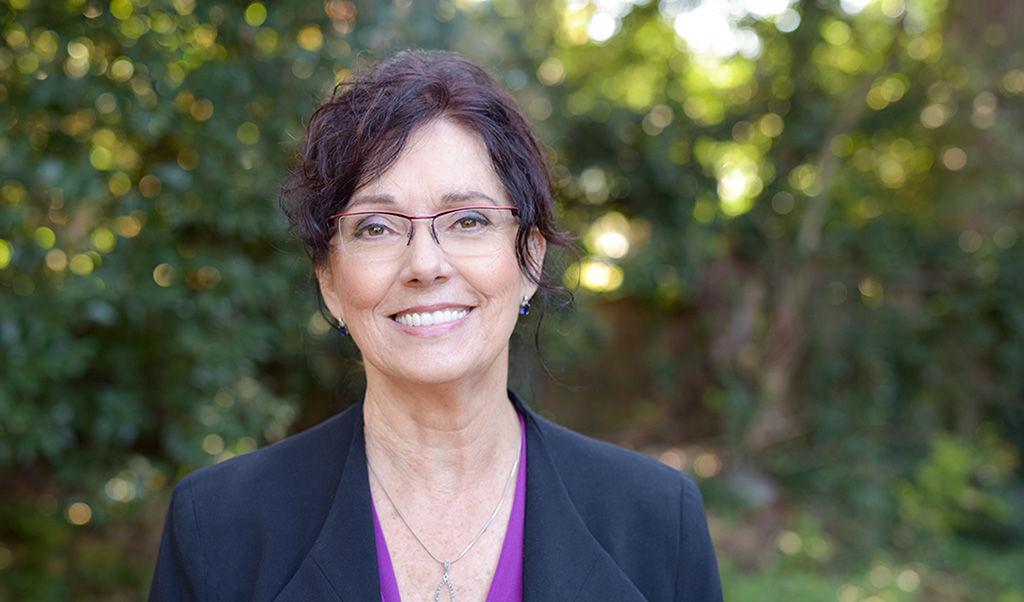
Contributed by Cynthia Ball
Cynthia Ball lead a town hall at Meredith College on Thursday focusing on the environment and manufacturing.
NC House Representative Cynthia Ball hosted a town hall at Meredith College on Thursday centered on North Carolina’s environment and the risks of regulatory reform. Panelists answered questions from attendants about local and federal legislative practices and amendments with emphasis on environmental sustainability.
The primary focus of the meeting drew attention to new legislation that directly impacts North Carolina’s environment. A wide range of discussion topics were brought up, including implementing environmental regulations, responses to water contaminants, toxicity reporting requirements and alternative energy.
Panelist Preston Howard, president of NC Manufacturers’ Alliance, mentioned the recent GenX chemical controversy, where elevated levels of the toxic chemical were found in the Cape Fear River. This prompted discussion on the incremental budget cuts to the Department of Environmental Quality over the years. Town hall co-host and Meredith College political science professor David McLennan elaborated on North Carolina’s lower, state-budgeted environmental spending relative to its neighboring states.
“If you go back 30-35 years, you see that Republican governors led many of the environmental protections that North Carolina is used to,” McLennan said. “It’s only been in recent years that we’ve seen this kind of pullback on budget and regulations. I think it’s worth having that context as we talk about moving forward.”
Howard explained that this is not a recent issue and that priority has never been placed on “letting expectations follow the money.”
“That happens year in, year out,” Howard said. “Every session, we were asked to cut back. It shouldn’t be that way, but it’s always been that way.”
The topic then shifted to the impact that the outsourcing of manufacturing jobs to other countries has had on the state’s economy. According to Ball, many North Carolinians, including herself, grew up in textiles and furniture manufacturing families. This led into a discussion about manufacturing in North Carolina and creating environmental sustainability.
“As a state, we were hemorrhaging jobs in textiles and furniture,” Howard said. “That hurt our economy [and it] took us a while to recover from. More recently we’re starting to see some of those jobs that left to go to China and other countries coming back.”
According to Howard, a lot of people fail to recognize North Carolina as the fourth largest manufacturing state in the country. Many still associate the manufacturing world with the undesirable circumstances and working conditions of the past, when in reality these jobs have relatively flourished in North Carolina due to embracing more high-tech measures.
McLennan then moved on to describe the impact of rising ocean tides on tourism in North Carolina in response to whether beach communities should bear the cost of their decision to live there. David Ulmer, the Wake County Libertarian Party chair, made a comment in response to McLennan’s explanation.
“My tax dollars [wouldn’t] subsidize my wife’s employer so he can have a second home on the Outer Banks,” Ulmer said. “You want to live on the sandbar, live on the sandbar; it’s a personal choice. They can deal with the consequences themselves. Why should I have to subsidize or in any way be involved in their great decision to live on the Outer Banks?”
In response to a question about the effect of the current presidential administration on federal environmental protections, panelist Cassie Gavin, government relations director for the NC Sierra Club, stressed focusing on state legislation considering that federal protections may not be enough for long.
“It’s not good,” Gavin said. “In previous years, we’ve thought of the federal government and our federal environmental protections as a backstop, so if state protections were chipped away we’d [at least] have federal protections there. Now, it seems that federal protections [are] also under attack, so it’s even more important that we protect our state environmental protections in general. The backstop may be disappearing.”
Gavin described the current situation as a “game of defense” in state legislature. Ball appreciated the implication that we must “protect the protections” of our environment and regarded it as an important takeaway.
Ball plans to host another town hall after the holidays that will likely focus on judicial reform.